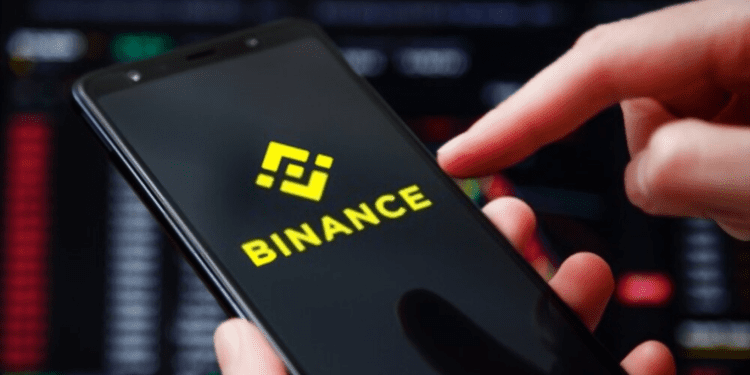- Binance, a leading cryptocurrency exchange, has been officially cleared from a legal case involving an $8 million “pig butchering” scam that occurred on the dating app Tinder, as no evidence was found to suggest their involvement.
- The victim, Divya Gadasalli, sought legal recourse against not only Binance but also TD Bank, Abacus Federal Savings Bank, and the Poloniex exchange, claiming they were complicit in the crime. However, the court ruled against her arguments.
- U.S. District Judge Amos Mazzant stated that Gadasalli could not prove any actual involvement of Binance in the incident or establish the court’s jurisdiction over the company, and she failed to show that any part of the scam took place in Texas.
Leading global cryptocurrency exchange, Binance has been officially cleared from a legal case concerning a deceptive “pig butchering” scheme that occurred on the dating app Tinder. On May 22, U.S. District Judge Amos Mazzant ruled that there was no evidence to suggest Binance Holdings Ltd. had any involvement in the cybercrime case. The case centered around a Texas woman, Divya Gadasalli, who reportedly lost an astonishing $8 million to a man she met on Tinder.
According to official court records, Gadasalli was enticed by a man posing as “Jerry Bulasa” on the widely-used dating app with the dual promise of romance and financial gain. Tragically, the woman ended up being defrauded out of more than $8 million.
Gadasalli claimed that Bulasa convinced her to transfer large sums of money, which ultimately became entangled in a cunning scheme known as “pig butchering.” This method involves the perpetrator forming a fake romantic relationship with their target over time before duping them into sending substantial amounts of money.
In March 2022, Gadasalli sought legal recourse, implicating not only Binance but other parties such as T.D. Bank, Abacus Federal Savings Bank, and the Poloniex exchange in her pursuit of justice.
Gadasalli’s primary argument was that Binance was complicit in the crime because it provided services to the fraudster. She contended that Binance and Binance.US are indistinguishable entities, accessible through virtual private networks (VPNs). However, Judge Mazzant definitively stated that the plaintiff “cannot prove any actual involvement of Binance in the incident” and could not establish the court’s jurisdiction over the company.
Furthermore, Mazzant noted that Gadasalli could not show that any aspect of the scam took place in Texas, as Binance and Binance.US were prohibited from operating in the state.
Binance Navigates Rocky Regulatory Terrain
Navigating a turbulent regulatory environment, Binance, a global leader in cryptocurrency exchange, finds itself in the crosshairs of U.S. law enforcement. Last December, officials at the US Justice Department grappled with potentially indicting Binance over money laundering allegations. This was further intensified by an April report, suggesting Binance’s efforts to sidestep American law enforcement.
Binance, on its part, has voiced support for a comprehensive U.S. regulatory strategy, releasing a Law Enforcement Guide to facilitate better interaction with U.S. agencies. Despite this, April saw the initiation of a government probe into Binance’s operations, followed by the company’s former CEO, Catherine Coley, seeking legal counsel. Furthermore, a court upheld the U.S. government’s plausible case against a billion-dollar transaction involving Binance.US and Voyager.
The extent of Binance’s predicament remains indeterminate, but the looming pressure from U.S. regulators signifies potential repercussions for the company.














